The flu is aggressive, experts can teach you how to prevent flu
Author:Qiandongnan Daily Time:2022.06.27
Recently, both the World Health Organization and the China Centers for Disease Control and Prevention have shown that influenza monitoring data have increased from the previous year. Since mid -May, the positive rate of influenza in southern my country and our province has increased to varying degrees, mainly A (H3N2) subtype influenza virus.
What is flu? How is influenza virus spread?
Popular cold (hereinafter referred to as influenza) is an acute respiratory infectious disease caused by the flu virus. The influenza has a short period of incubation, large infectivity, and rapid transmission, which can easily cause popularity or popularity. Influenza viruses are mainly transmitted by droplets such as sneezing and cough. It can also be transmitted through direct or indirectly polluted objects, such as contacting patients' respiratory secretions.
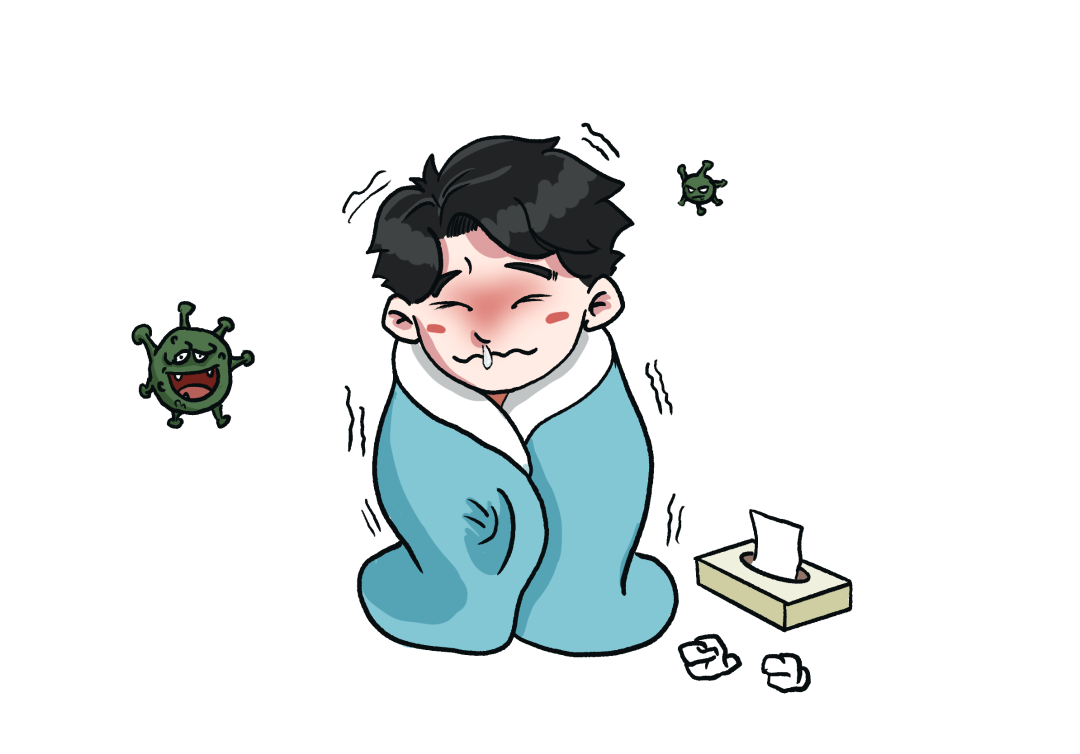
What are the symptoms of flu? How to judge whether there is a flu?
The influenza is mostly self -limiting, but some of the complications such as pneumonia can develop to severe flu. The condition of a few severe cases has progressed rapidly. die. Fluid generally manifested as acute onset and fever (some cases can occur in high fever, reaching 39-40 ° C), cough, sore throat, runny nose, nasal congestion, physical pain, cold tremor, fatigue, diarrhea, vomiting and other symptoms.
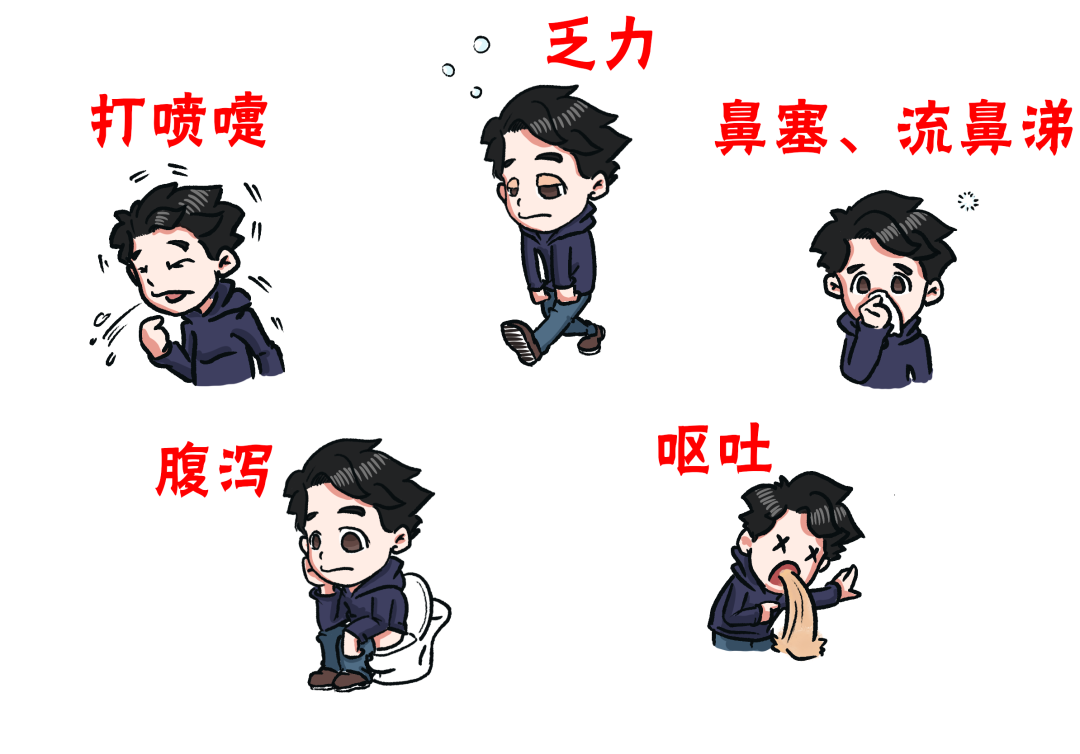
What should I do if I have influenza?
Generally, after symptoms, patients are recommended to rest at home and keep the room ventilation. Full rest, drink plenty of water, diet should be easy to digest and nutritious. Minimize contact with others to avoid transmission. The focus of treatment is to relieve influenza -like symptoms such as fever and cough. The patient's conditional changes should be closely observed. Once there is a tendency to continue to be high fever, accompanied by severe cough, dyspnea, changes in consciousness, severe vomiting and diarrhea, you should take a timely treatment. Be sure to wear a mask when you are clinic.
Pregnant women, children, elderly people, and patients with chronic diseases are more likely to cause severe illnesses after infection and influenza. They should seek medical treatment as soon as possible and use antiviral drugs under the guidance of a doctor (neurophanase inhibitor drug Paramine, etc.), using antibiotics and hormones is not effective for influenza virus.
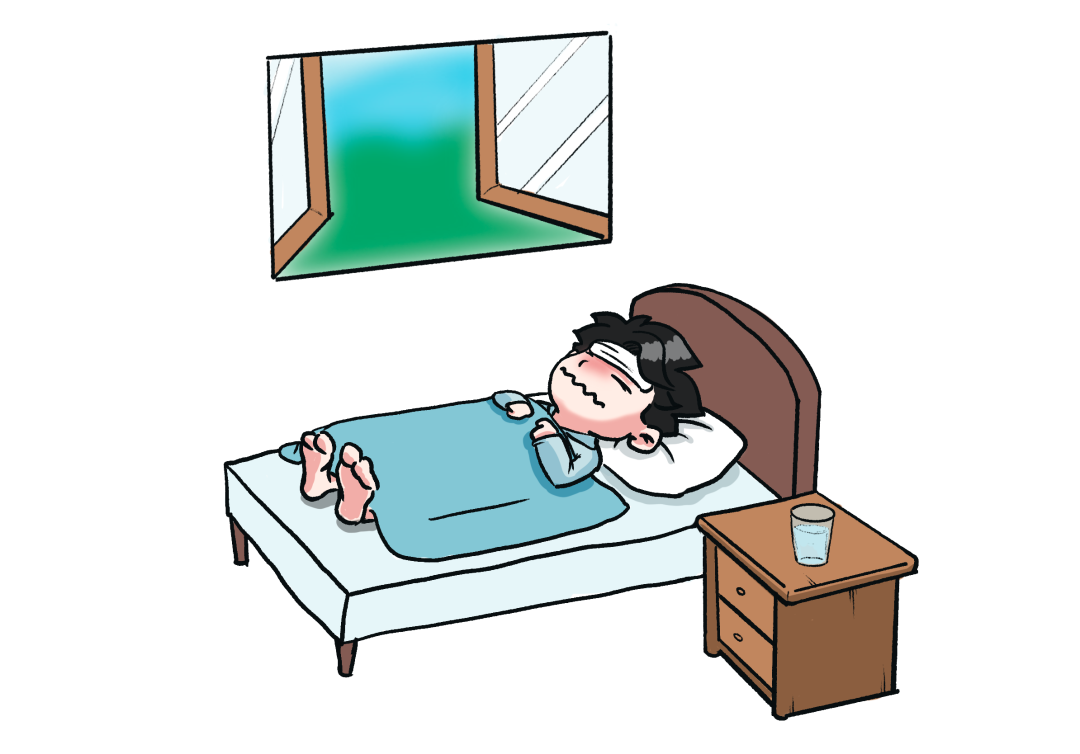
The family or friends around me had flu. What should I do?
If the members of the family or the surrounding staff have flu, they should be processed in the following ways:
(1) Patient's care and treatment
Patients live in a single room as much as possible to reduce the chance of contact with the common residents;
Patients should ventilate immediately after using the bathroom, clean and disinfection;
When sneezing or coughing, use handkerchiefs or paper towels (can bend the elbow in an emergency) to cover your mouth and nose;
You need to wear a mask when moving in the common area of the family;
After contacting the respiratory discharge, use a cleaner to wash your hands or disinfect your hands with disinfectants;
Patients try to avoid leaving home. If you need to leave home (such as going to the hospital), you need to wear a mask;
Full rest, drink more water, diet should be light and easy to digest and nutritious;
Do not advocate to go to work and go to school;
Pay attention to closely observing the changes in the condition, especially once the elderly and children's patients have continued high fever and cough, the amount of sputum has significantly increased conscious changes, slow response, drowsiness, septic, and obvious increase of the original basic diseases. Institutional consultation.
(2) Protection of family members of patients
When you contact patients at close range, you should wear a mask;
High -risk groups such as children or over 65 years of age should avoid contact with patients with influenza;
After direct contact with patients or the items used by patients, after contacting the respiratory secretion, the cleaner or disinfection should be used to disinfect the hands;
As much as possible, one family member cares and contacts influenza patients.
(3) Patients' family cleaning, disinfection and waste treatment
Towels, handkerchiefs, tissues and other items that patients have used should be properly handled, and they should be placed in a separate garbage bag;
The tableware and clothing used by patients should be cleaned separately and use it alone;
Keep the surface of the family items clean, and wipe the surface of the furniture, daily necessities, and toys with disinfection solution on a regular basis; halls and rooms are working hard.
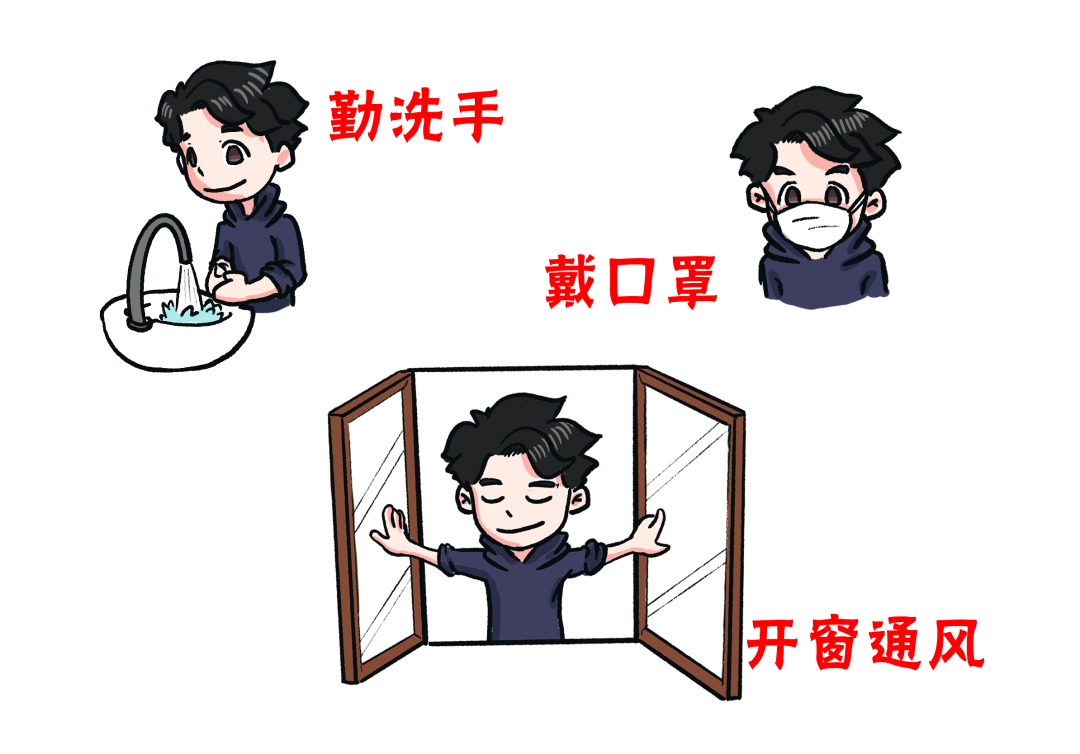
How to prevent flu in daily work and life?
Vaccination of flu vaccines is the most economical and effective measure to prevent flu, which can reduce the risk of inoculating people suffering from influenza and severe complications. At present, the three -valent and tetravalent flu vaccine components have been updated and listed on the market. Each vaccination point has carried out the work of this year's influenza vaccine. It is recommended that all those who are willing to vaccinate vaccine in June can be vaccinated as soon as possible under the guidance of the doctor under the guidance of the doctor. Essence Usually after vaccinating flu vaccines, it takes about 2-4 weeks to produce antibodies with a protective level. However, the level of antibody brought by influenza vaccine gradually decreases after the following 6 months to 8 months, and the influenza virus is mutated every year. Therefore, it is vaccinated once a year.
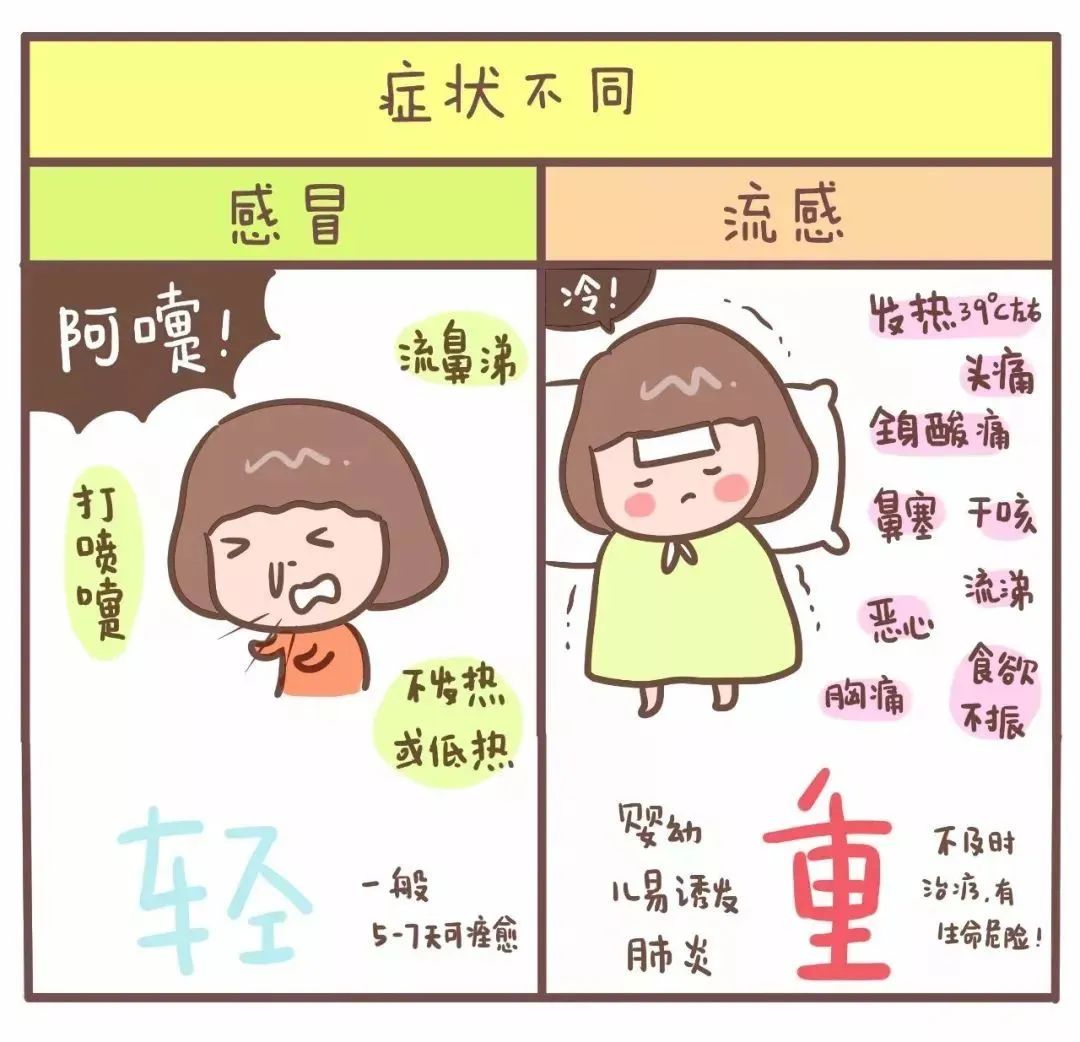

In addition to vaccination, how should we prevent flu?
In addition to vaccination, influenza prevention should be paid to the following points in daily life:
(1) Keep a good individual, wash your hands frequently, use hand sanitizers and wash your hands with flowing water, and wipe your hands without dirty towels. After contacting the respiratory tract secretions (such as sneezing) with both hands (such as sneezing), wash your hands immediately.
(2) Pay attention to cough etiquette. When sneezing or cough, apply handkerchiefs or paper towels to cover the nose to avoid droplets from polluting others.
(3) Balanced diet, appropriate exercise, sufficient rest to avoid excessive fatigue.
(4) Windows open windows several times a day (to avoid wearing the wind in winter). At least 30 minutes each time, keep the indoor air fresh.
(5) During the high incidence of influenza, avoid patients with influenza -like symptoms at close range, and try not to be crowded and air dirty at the time of the influenza.(6) After the symptoms of influenza occur, patients should be isolated at home and observed at home. They do not bring illness or class, contact family members or wearing masks when going out, so as not to infect others and reduce disease transmission.
(Some pictures come from the Internet)
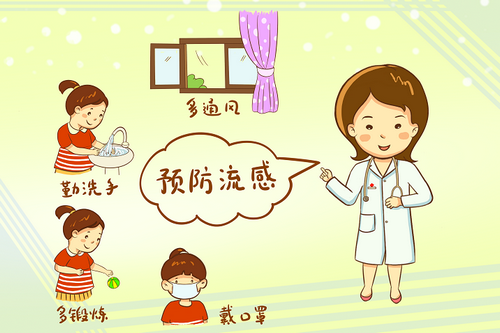
Source: Guizhou disease control
- END -
Pay more attention to those "not commonly used" medicines
【Light Review】Recently, the State Medical Insurance Bureau issued an announcement that the Working Plan for Adjustment of the National Basic Medical Insurance, Work Injury Insurance and Maternity I...
What is the "high quality" in the mind of hospital managers like

Achieving the high -quality development of public hospitals is the top priority of...